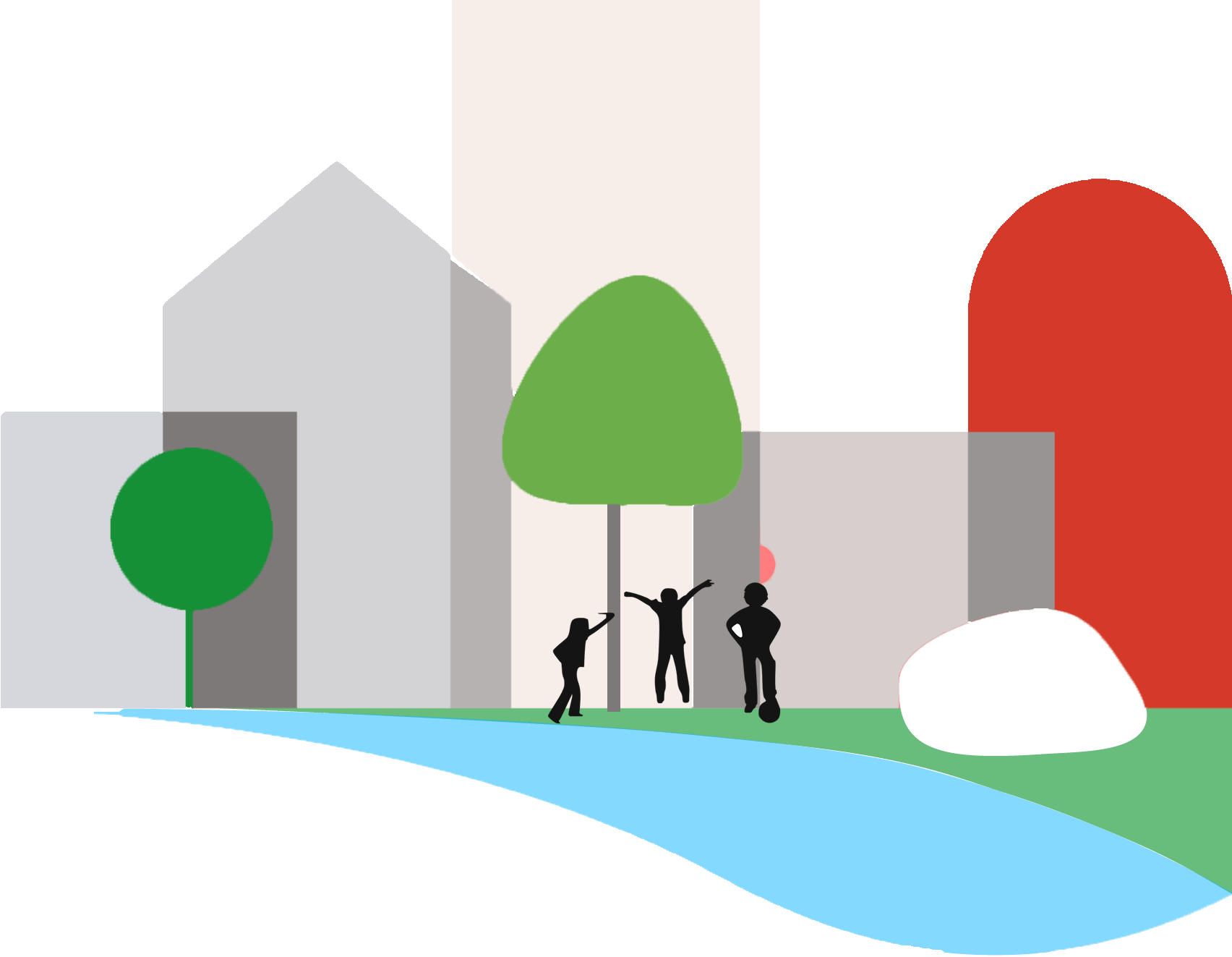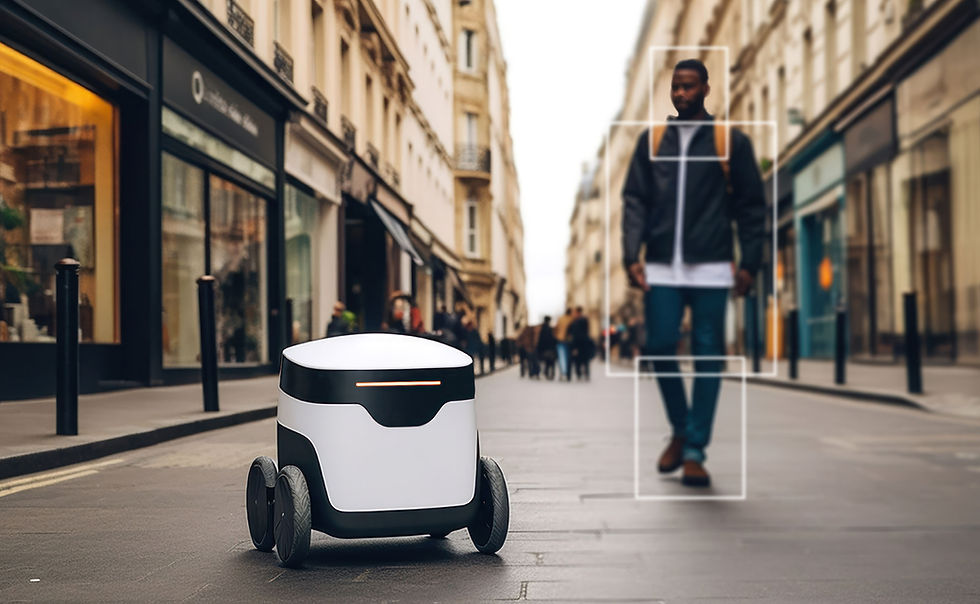Climate change: Do you feel unsafe is uncomfortable?
- Kira Rose
- Mar 1, 2021
- 2 min read
Updated: Apr 14, 2021

In an individualized and somewhat apathetic society, we don’t care about each other’s problems until and unless it happens to us. In the case of climate change, it’s no wonder that the globe has continued to contribute to the worldwide climate crisis for decades despite knowing the dangers and destruction of greenhouse gases.
According to the Universal Ecological Fund, “almost 75 percent of the climate pledges [in the Paris Climate Agreement] are partially or totally insufficient to contribute to reducing [greenhouse gas] emissions by 50 percent by 2030, and some of these pledges are unlikely to be achieved” (Watson, 2019). Clearly, climate change continues to worsen as countries fail to set productive goals, and then fail to meet them. Weather patterns change, natural disasters intensify, blue skies fade to smog, and yet we tell ourselves that nothing bad will happen to us. When will we accept the discomfort of knowing that the personal impacts of climate change have already begun, and that some are experiencing drastic climate-related hardship already?
The New York Times article entitled How Climate Change May Affect Your Health explains some of the current and future influences of climate change on our daily lives and personal wellbeing. Citing a 2018 journal article from Current Environmental Health Reports, this article acknowledges that people view climate-related threats to others’ health as more threatening than to their own and to the health and their family (Hathaway & Malbach, 2018).
However, the reality of the impacts is significant. For example, adapting plants will cause severe allergies for humans, there may be a rise in insect-borne illnesses, and water contamination related to extreme flooding is likely (Brody, 2021). Additionally, according to The Environmental Planning Handbook, floods and droughts are likely to disrupt passenger and freight transportation, agricultural food production may decrease, and people will become climate refugees as they are displaced from their homes due to natural disaster (Daniels, 2014).
It is apparent that the negative impacts of climate change on human life and health are plentiful, yet most Americans continue to produce copious amounts of waste, drive their gas-guzzling cars, waste potable water, eat red meat, and so on.
I recognize the psychological components of this disconnect. Feeling unsafe is uncomfortable and difficult, as is shifting society towards being more environmentally empathetic, conscious, and productive. Still, the impacts of climate change are and will continue to affect each of our lives. The sooner we are willing to see these impacts for what they are, the sooner we can support one another to face our problems as a collective.
Identifying and acknowledging how climate change and global warming is impacting us will allow us to band together in efforts to mitigate these effects and protect future generations.
References
Brody, J. E. (1 Feb, 2021). How Climate Change May Affect Your Health. The New York Times. Retrieved from https://www.nytimes.com/2021/02/01/well/eat/climate-change-health.html
Daniels, T. (2014). The Environmental Planning Handbook. Chicago: American Planning Association.
Hathaway, J., Malbach, E.W. Health Implications of Climate Change: a Review of the Literature About the Perception of the Public and Health Professionals. Curr Envir Health Rpt 5, 197–204 (2018). https://doi.org/10.1007/s40572-018-0190-3
Watson, R., McCarthy, J. J., Canziani, P., Nakicenovic, N., & Hisas, L. (2019). The Truth Behind the Climate Pledges. Retrieved from https://drive.google.com/file/d/1nFx8UKTyjEteYO87-x06mVEkTs6RSPBi/view
Note: The blog was written as part of Rowan University Environmental and Sustainability Planning course, spring 2021.





Comments